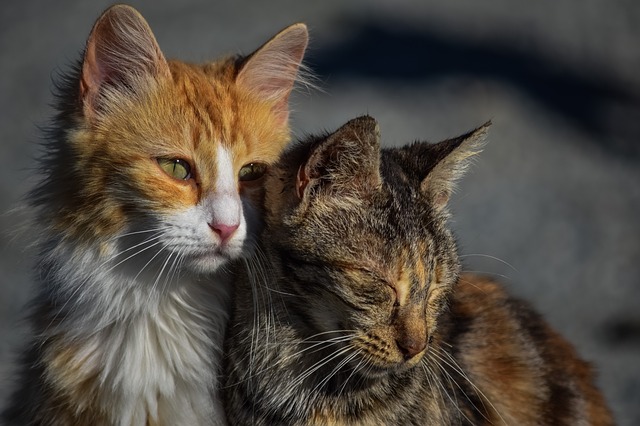Resilience is a constant theme of podcasts, online courses, and conferences in these challenging times. One outstanding example of this is the interview podcast conducted with Michelle Maldonado by Mindful.org. Michelle discussed Resilience for Divided Times – the challenge of maintaining equilibrium in times of divisions on the grounds of race, nationality, gender, wealth and health. The pandemic has unsettled everyone and challenged our way of operating day-to-day and, in the process, heightened anxiety and unearthed deep divisions previously hidden by the routines and busyness of daily life. IN the interview, Michelle highlights the need for self-care, self-awareness, and pursuit of our own individual contribution to the service of others.
Self-Care for resilience
Without self-care we are unable to care for others and are more likely to contribute to divisions rather than their resolution. Michelle emphasises the need to get in touch with our challenging emotions and not push them away or ignore them. She quotes her father who used to say, “No way to it but through it”. Michelle suggests that with escalating personal challenges, the need for self-care increases and demands that we increase the frequency, duration, and variety of our self-care approaches and mindfulness strategies if we are to build resilience and maintain our balance.
Many people are finding it difficult to sleep in the current challenging times because of worries about health, finances, employment or restrictions on movement and access. Michelle shared her own approach to overcoming the inability to go to sleep. She maintains that often sleep eludes us because our mind is unsettled or constantly ruminating. Her recommendation is to meditate or write a journal before going to bed to provide a “dump” for the mind and to still the mind’s incessant activity. This mental activity can be complemented by a “body scan” to identify and release points of tension. If you wake up prematurely, Michelle encourages you to practise a form of breathing involving exhaling longer than you inhale (e.g. a count of 7 on the exhale and 5 on the inhale) – an approach that activates the parasympathetic nervous system. An alternative is to get up and write.
Self-awareness to take wise action
Michelle argues that if we lack self-awareness, we can unconsciously inflame divisions by our words and actions. She maintains that each of us is constantly engaged in perception and prediction – both of which are influenced by our past experiences, including our childhood. Our perception and prediction can generate a wide array of emotions including anticipation, sense of hopelessness, exhaustion, and excitement.
As we grow in mindfulness, we can become more aware of our biases, predispositions, and distorted perceptions and create the space to think and act more consciously, skilfully, and compassionately (towards our self and others). Michelle tells the story of how working closely with Federal Enforcement Officers totally changed her perception of these officers – an erroneous perception built up through newspaper and TV reports. She saw their humanity, kindness, and concern for others. The danger is that we tend “to lump all people together” – whether they are of a particular location, race, profession, political affiliation, or gender orientation. We need to challenge our assumptions through curiosity and honest self-inquiry so that we can create the space to understand where others are coming from and be able to take “wise action”, not action fuelled by ignorance, fear, hatred or misunderstanding.
Contributing to the service of others
When we are confronted with the magnitude of suffering, mental illness, and uncertainty in these pandemic times, we can have a strong desire to help others but can feel overwhelmed by the magnitude of the task. Michelle assures us that there is a unique way for each of us to make a contribution to the welfare of others. She suggests that you can sit with the challenge of identifying your role and contribution to the service of others, think about it and attempt to write it down (to provide clarity and order for your thoughts). With patience and persistence, you can gain the necessary insight to take the first steps and have the courage to “concretize and manifest what is yours to do”. This may involve overcoming your natural tendency to procrastinate.
Reflection
As we grow in mindfulness through self-care and developing self-awareness, we are better placed to identify any distortions in our perceptions and projections and to manage challenging emotions. We can build resilience and contribute in a unique way to healing divisions and helping others to achieve the ease of wellness.
Michelle offers a brief G.R.A.C.E. meditation by way of reflection and integration of her discussion (at the 29-minute mark). The meditation encompasses gathering attention; recalling intention; attuning to self and others; considering what would serve your self-care needs and the needs of others at this moment; and engaging ethically through deciding one wise action you can take (a first step).
___________________________________
Image by Dimitris Vetsikas from Pixabay
By Ron Passfield – Copyright (Creative Commons license, Attribution–Non Commercial–No Derivatives)
Disclosure: If you purchase a product through this site, I may earn a commission which will help to pay for the site, the associated Meetup group and the resources to support the blog.
